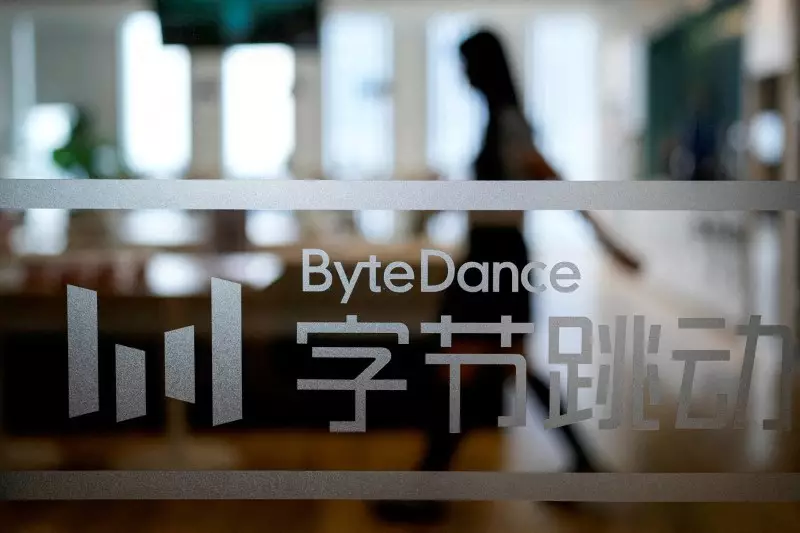ByteDance, the parent company of the globally popular social media platform TikTok, has positioned itself at a staggering valuation of approximately $300 billion. This figure surfaced following a recent buyback offer that aimed to repurchase shares at an estimated $180 each. Such a striking valuation highlights ByteDance’s significant market presence in the technology sector, especially with TikTok’s continued popularity among users in the United States. However, this financial buoyancy stands in stark contrast to the myriad challenges posed by U.S. regulatory scrutiny.
The fluctuating political landscape in the U.S. plays a pivotal role in shaping investor sentiment regarding TikTok. The recent report indicates that ByteDance’s investors are optimistic about the implications of Donald Trump’s potential return to the White House. In an interview earlier this year, Trump articulated a somewhat paradoxical position on TikTok, pivoting from labeling it a national security threat to endorsing it as a necessary competitor in the social media space dominated by platforms like Facebook and Instagram. This evolution in dialogue raises questions about the stability of regulatory frameworks and the influences of political figures on corporate viability.
Compounding ByteDance’s challenges is a law enacted by President Joe Biden that grants the company a deadline until January 19 to divest itself of TikTok or confront a potential ban. The Biden administration has expressed a desire to mitigate national security risks associated with foreign ownership of significant digital platforms, but it hasn’t outright mandated an end to TikTok’s operations. Instead, the focus remains on transitioning control away from ByteDance, presenting a complex landscape that ByteDance must navigate carefully.
In a proactive measure to combat these emerging threats, ByteDance, alongside TikTok, has initiated legal proceedings in U.S. federal court. The lawsuit aims to challenge the law enacted by Biden, underpinning the company’s assertion of its operational rights within the American market. This litigation reflects ByteDance’s strategic approach to protect its interests amid a convoluted regulatory environment.
As ByteDance steers through this turbulent milieu, the resilience of TikTok’s user base—reportedly 170 million Americans—demonstrates the platform’s relevance and appeal. However, maintaining this growth trajectory necessitates a delicate balance between fostering competition as suggested by Trump and addressing legitimate national security concerns raised by various governmental entities.
While ByteDance’s valuation reflects a strong market presence, the looming pressures from U.S. legislation and political discourse signify a critical period ahead for both the company and its flagship product, TikTok. The intersection of technology, governance, and public sentiment will undoubtedly play a decisive role in shaping the future of this vibrant yet contentious digital community.

